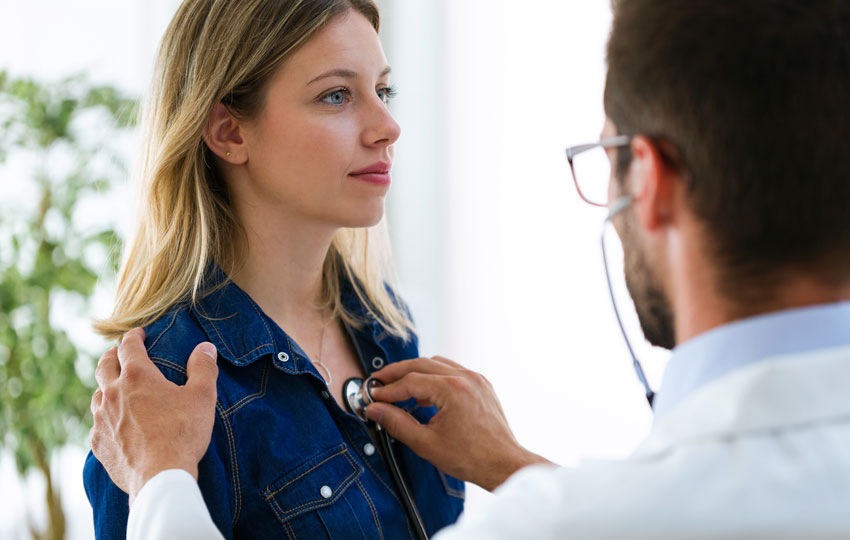Know what screenings and other recommended medical tests you need, by age.
Some of the most important tests you’ll ever take are health screenings, because they could save your life. But it can be hard to remember exactly what you need when. To that end, we’ve compiled the best My Vanderbilt Health advice and guidelines on recommended medical tests by age.
But that’s not where your wellness plan ends. In addition, remember to get your flu shot every year. Keep your primary care physician or nurse practitioner updated about any changes in your medical history and your family’s medical history. Your health-care provider can advise you, if necessary, to get screenings earlier than typically recommended, if you’re at high risk for a certain problem.
In your 30s

Now’s the time to correct any unhealthy habits that have lingered from your teens or 20s and take charge of your health for the years ahead.
- If smoking is one of them and you haven’t yet quit, ask your doctor for help with a cessation plan.
- If you are at risk for contracting a sexually transmitted infection, talk to your doctor about how often you should get tested.
- Ask your health-care provider how often you need your cholesterol levels and blood pressure checked, based on your previous results or risk factors. Stay on top of your heart health with healthy lifestyle changes if necessary, and get screened for diabetes if you’re at risk.
- Protect your skin from the sun, and see a dermatologist if you notice skin changes.
- Women: Continue seeing your gynecologist for annual exams. Follow the schedule your doctor recommends for getting routine Pap smears.
In your 40s

Stay active and follow a heart-healthy diet as you enter middle age. Now’s the time where you’ll also possibly be caring for your aging parents in addition to staying up to speed on your own health-care needs. Stick to any recommended screening schedules set up in your 30s. Plus, add the following to your must-dos:
- Start colonoscopy screening at age 45 and repeat the test every 10 years. If you have a family history of colorectal cancer, your doctor may recommend getting a colonoscopy every earlier.
- Women: Talk to your doctor about when to start mammography screening for breast cancer. Guidelines vary on when to begin. But at age 40, you should have a conversation with your health-care provider and discuss your risk factors if you haven’t already.
- Men: Get your testosterone levels checked if you’re experiencing fatigue, loss of strength or low libido.
In your 50s

Keep up with all of your healthy habits in your 50s, including getting regular exercise. While important at any age, take extra care to prevent back pain during yard work or holiday decorating and the aches and pains of repetitive movements from hobbies. Add the following screenings to your schedule:
- Women: Get a bone density screening. (Osteoporosis mostly affects females, but it can also lead to bone fractures in men.) Talk to your doctor about your risk.
- Schedule a lung cancer screening if you’re at high risk: Adults aged 50 to 80 years who have a 20-pack-year smoking history and currently smoke or have quit within the past 15 years. (A 20 pack-year smoking habit means smoking a pack of cigarettes per day for 20 years or equivalent exposure.)
- Men: When you reach age 55, talk to your doctor about when to start screening for prostate cancer.
In your 60s+

Although you might be busy preparing for retirement or enjoying the fun of being a new grandparent, it’s important to focus on your health, too. Keep up with any screening schedules you began in earlier decades. Be diligent about avoiding falls, and stay spry by walking regular and other physical activity.
- Get a pneumococcal vaccine at age 65 to prevent pneumonia. Talk to your doctor about the two versions you’ll need, each a year apart.
- Consider a herpes zoster vaccine to prevent shingles. Some individuals at risk for shingles may decide to start this vaccination earlier. It offers protection for five years.
- Men: Get a bone density screening for osteoporosis if you haven’t already.

Care closer to home
Vanderbilt Health offers dozens of convenient-care locations with convenient hours throughout Middle Tennessee—and can even bring a provider to you.

